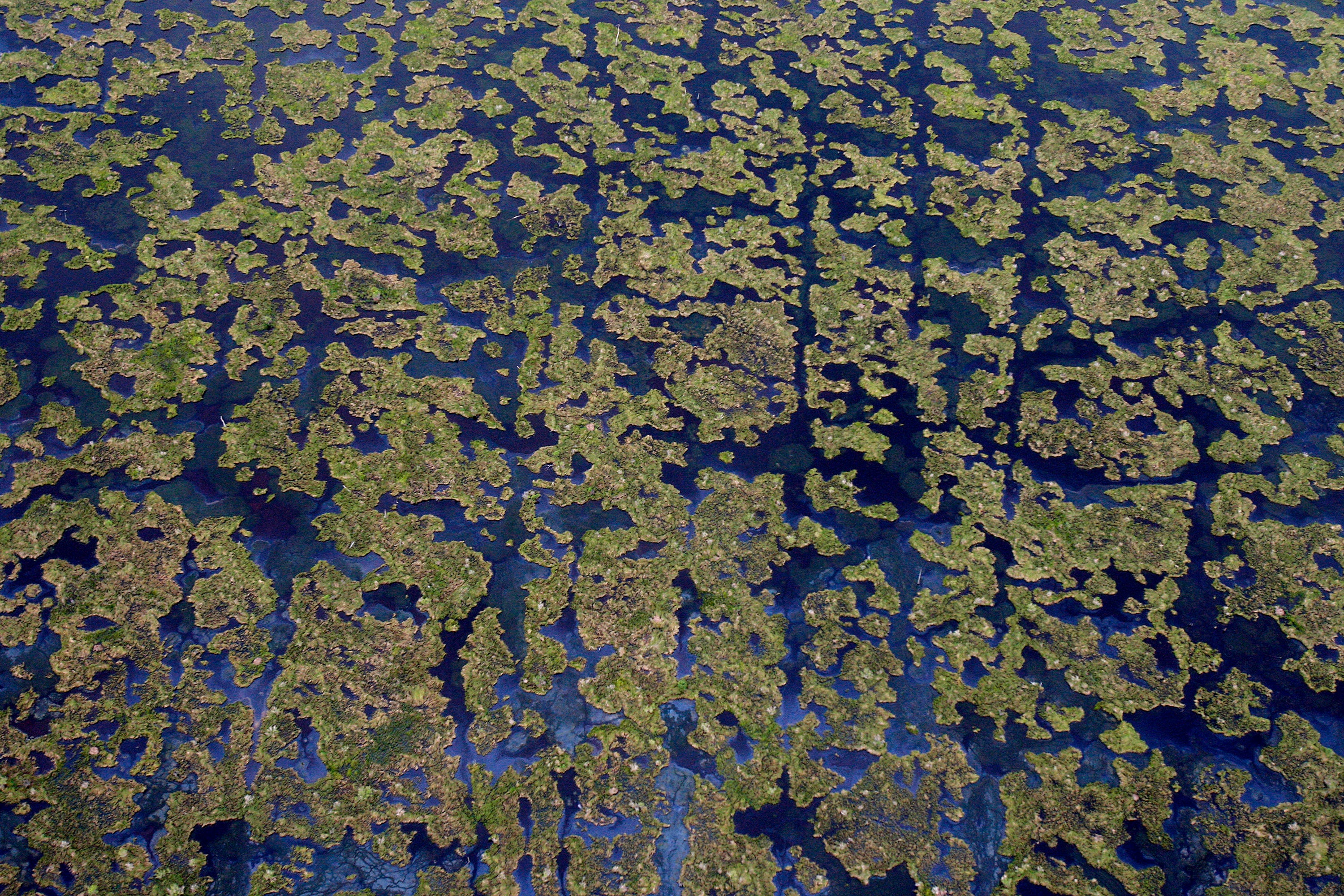Supreme Court keeps wetland damage lawsuits in state courts
The U.S. Supreme Court has rejected an appeal by oil and gas companies hoping to move a key lawsuit over damage to Louisiana coastal wetlands from state to federal courts

A lawsuit against oil and gas companies over damage to Louisiana’s wetlands will remain in state court, the U.S. Supreme Court said, rejecting an appeal by major energy companies who wanted to get the case moved to a federal court.
The high court rejected the appeal in a brief order dated Monday that did not give reasons. In effect, it upheld an October appeals court decision that keeps the lawsuit by Plaquemines Parish against oil giants — including Chevron, ConocoPhillips and Exxon Mobile — in state court.
It's the latest development in connection with dozens of lawsuits filed in Plaquemines, Jefferson, St. Bernard, St. John the Baptist, Vermilion and Cameron parishes between 2012 and 2017. The suits claim the defendant oil companies have failed to comply with state law governing coastal resources.
The parishes cited damage to wetlands stemming from the building of service canals, disposal of hazardous waste and saltwater, and other operations. Each asked that the companies either repair the damage or pay the parishes and state for the losses.
The lawsuits have long been bogged down in jurisdictional questions. Oil companies have long argued that the lawsuits involve federal questions that belong in U.S. District courts, not in the various local state courts where the suits were originally filed. Attorneys for the parishes say the disputes are over state regulations and should go before state juries. The lead attorney for the parishes in the lawsuits has called the effort to have the suits moved to federal court a delaying tactic.
Earlier federal decisions have resulted in many of the cases being sent back to state court. One, a Cameron Parish case, has a trial date for Nov. 27, John Carmouche, the lead attorney for the parishes in the lawsuits, said Wednesday.
The Supreme Court case turned on whether cases involving federally overseen oil and gas operations on the coast during World War II must be heard in federal court. The late U.S. District Judge Martin Feldman eventually decided that they did not — a decision later upheld by the 5th U.S. Circuit Court of Appeals, and allowed to stand with Monday's Supreme Court ruling.
Backers of the suits say they are needed to hold businesses accountable for damaging the vulnerable wetlands. Carmouche said Wednesday the companies should end the years-long litigation and seek an agreement with the parishes to address coastal damage.
Oil industry executives have long cast the suits as a needless attack on a vital industry and major employer in Louisiana.
An industry spokesperson, Tommy Faucheux, president of the Louisiana Mid-Continent Oil and Gas Association, said in a statement that the energy industry already contributes to coastal restoration through federal law that shares oil lease revenue with Gulf of Mexico states for coastal restoration.
“Instead of pursuing legal actions that continue to discourage investments in our state, we should focus on building upon our longstanding partnership with local communities to advance the coast, economy, and the state of Louisiana for future generations,” Faucheux said in an email.
Bookmark popover
Removed from bookmarks